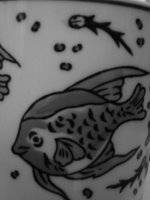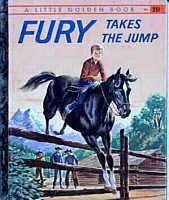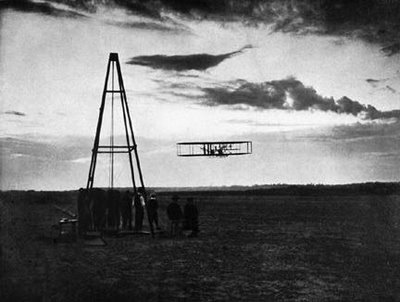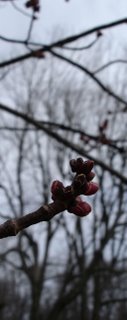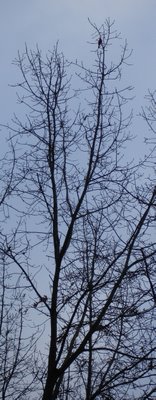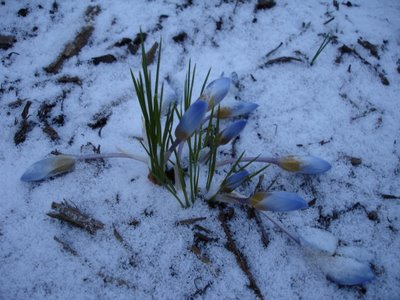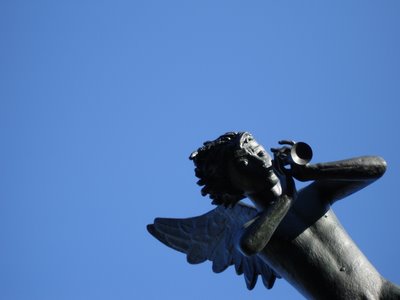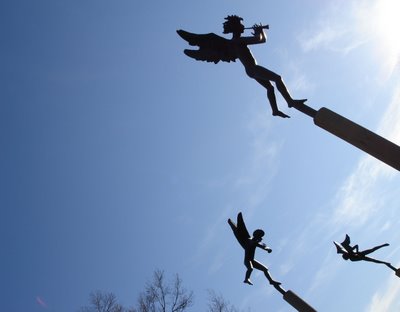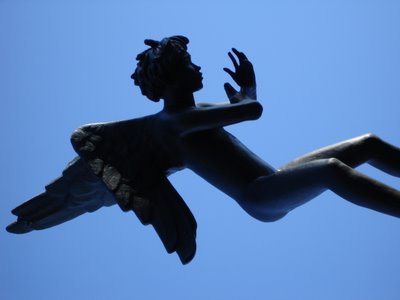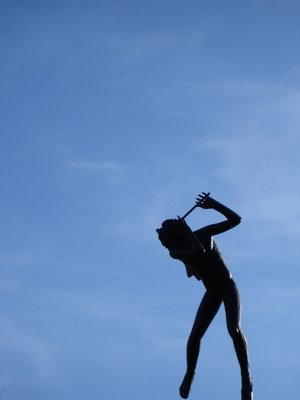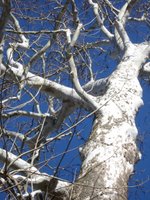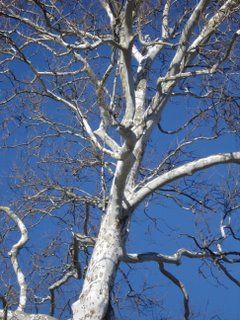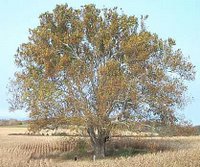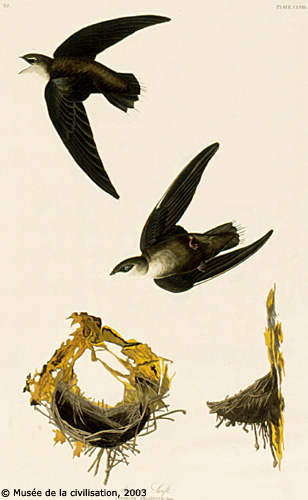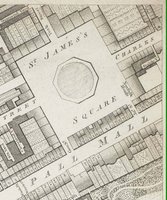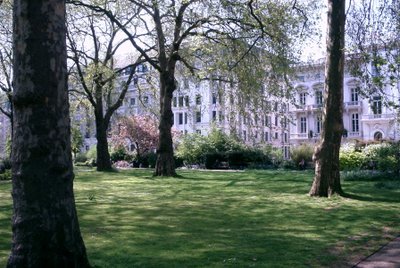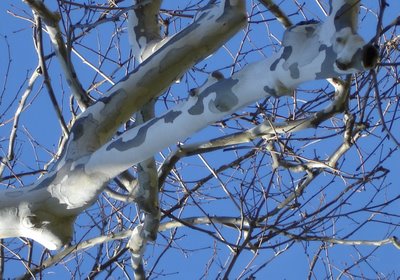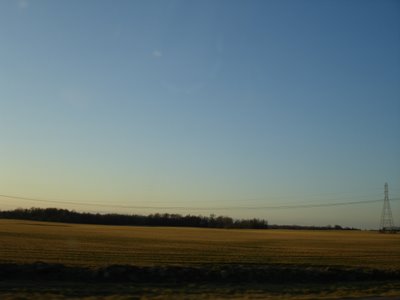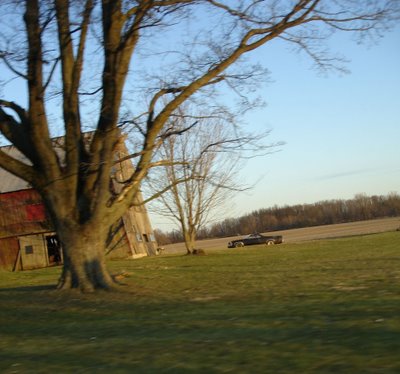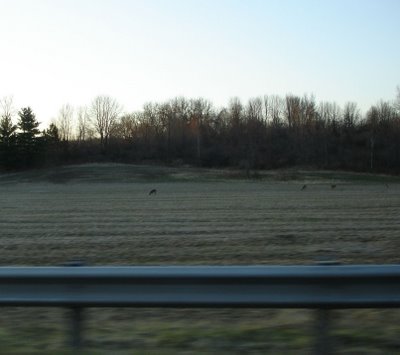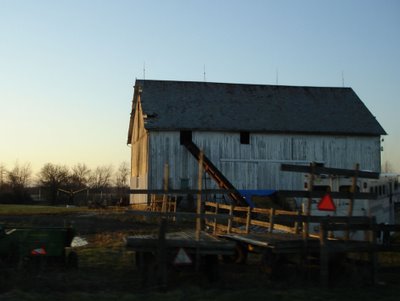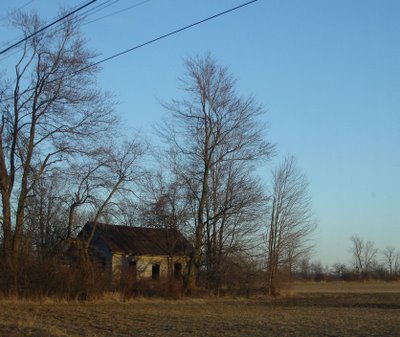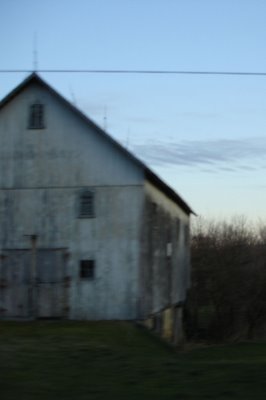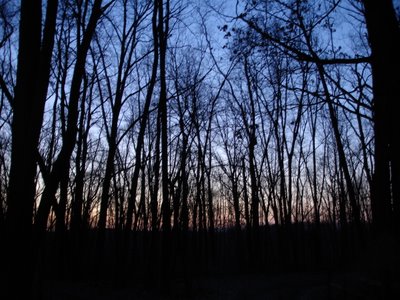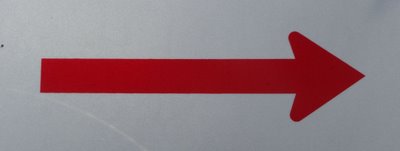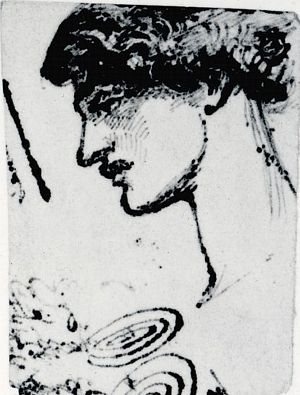There's gonna be a whole lot of testifying.
My writing has been painfully spare of late, in part because of some happy duties to which I'm attending this weekend, caring for others' furry beasties. But here is some of today's quiet riot of Ohioan early spring.
 This morning, walking along, singing to the dogs I was walking (I chant them their names as we click along), I heard a tree in the wind sound like a creaking floorboard. (I'm cheating a little. This picture is from the end of the day, but by then the trees were swaying and rushing and creaking again.)
This morning, walking along, singing to the dogs I was walking (I chant them their names as we click along), I heard a tree in the wind sound like a creaking floorboard. (I'm cheating a little. This picture is from the end of the day, but by then the trees were swaying and rushing and creaking again.)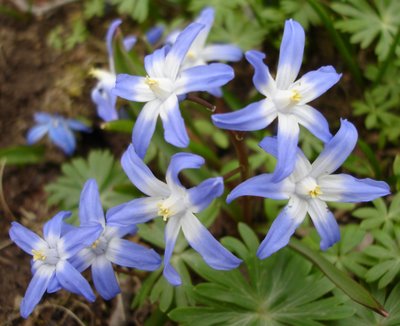 One of my dearest friends was so overjoyed by the blooming of these little blue and white flowers that during lunch he kept thanking another friend for them, since she supplies him with them every year (they don't grow in his lawn).
One of my dearest friends was so overjoyed by the blooming of these little blue and white flowers that during lunch he kept thanking another friend for them, since she supplies him with them every year (they don't grow in his lawn).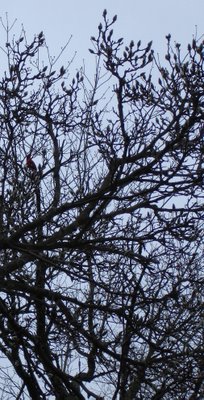 Once again today, I spent much of my time staring up into trees not unlike this one, trying to stay patient long enough to see a singing bird. (Do you see him?) (Here's a hint: if you click the picture, you'll get its full, enormous version, and you'll have better luck.)
Once again today, I spent much of my time staring up into trees not unlike this one, trying to stay patient long enough to see a singing bird. (Do you see him?) (Here's a hint: if you click the picture, you'll get its full, enormous version, and you'll have better luck.)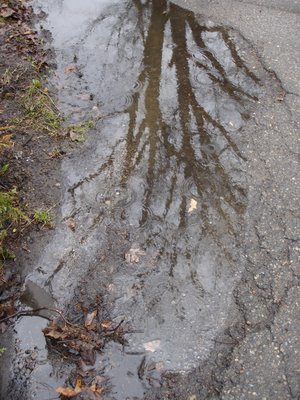 For much of the day, walking the roads was like stepping amongst ancient mirrors, stalking a rippling sky.
For much of the day, walking the roads was like stepping amongst ancient mirrors, stalking a rippling sky.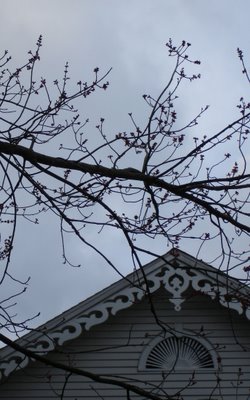 I've been wanting to photograph this roofline for days, and from my office this afternoon I could see these buds' cumulative red. I suspect that you may not be able to see the red even in the enlarged version of this image, because of the gathering and overcast dusk.
I've been wanting to photograph this roofline for days, and from my office this afternoon I could see these buds' cumulative red. I suspect that you may not be able to see the red even in the enlarged version of this image, because of the gathering and overcast dusk.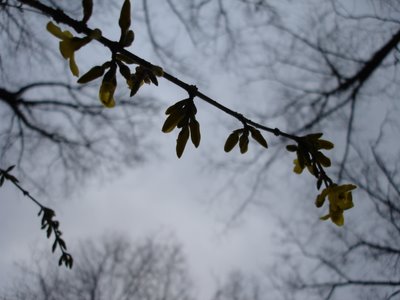 And today not only the local daffodils but also the local forsythia began blooming in full force. A cardinal landed in this bush with the sound of a deck of cards shuffling, just as I was bending backwards to catch this image. I had high hopes of capturing the contrast of yellow and red, but the bird riffled and plunged off through the dusk, red streaking over green in grey half-light, before I was even able to point, much less shoot. (Quel horreur! My brain edited "goldenrod" in for "forsythia" last night. Do not be misled by my amateur botanical discoursing. This bush is forsythia, something that I do know, have known.)
And today not only the local daffodils but also the local forsythia began blooming in full force. A cardinal landed in this bush with the sound of a deck of cards shuffling, just as I was bending backwards to catch this image. I had high hopes of capturing the contrast of yellow and red, but the bird riffled and plunged off through the dusk, red streaking over green in grey half-light, before I was even able to point, much less shoot. (Quel horreur! My brain edited "goldenrod" in for "forsythia" last night. Do not be misled by my amateur botanical discoursing. This bush is forsythia, something that I do know, have known.)


